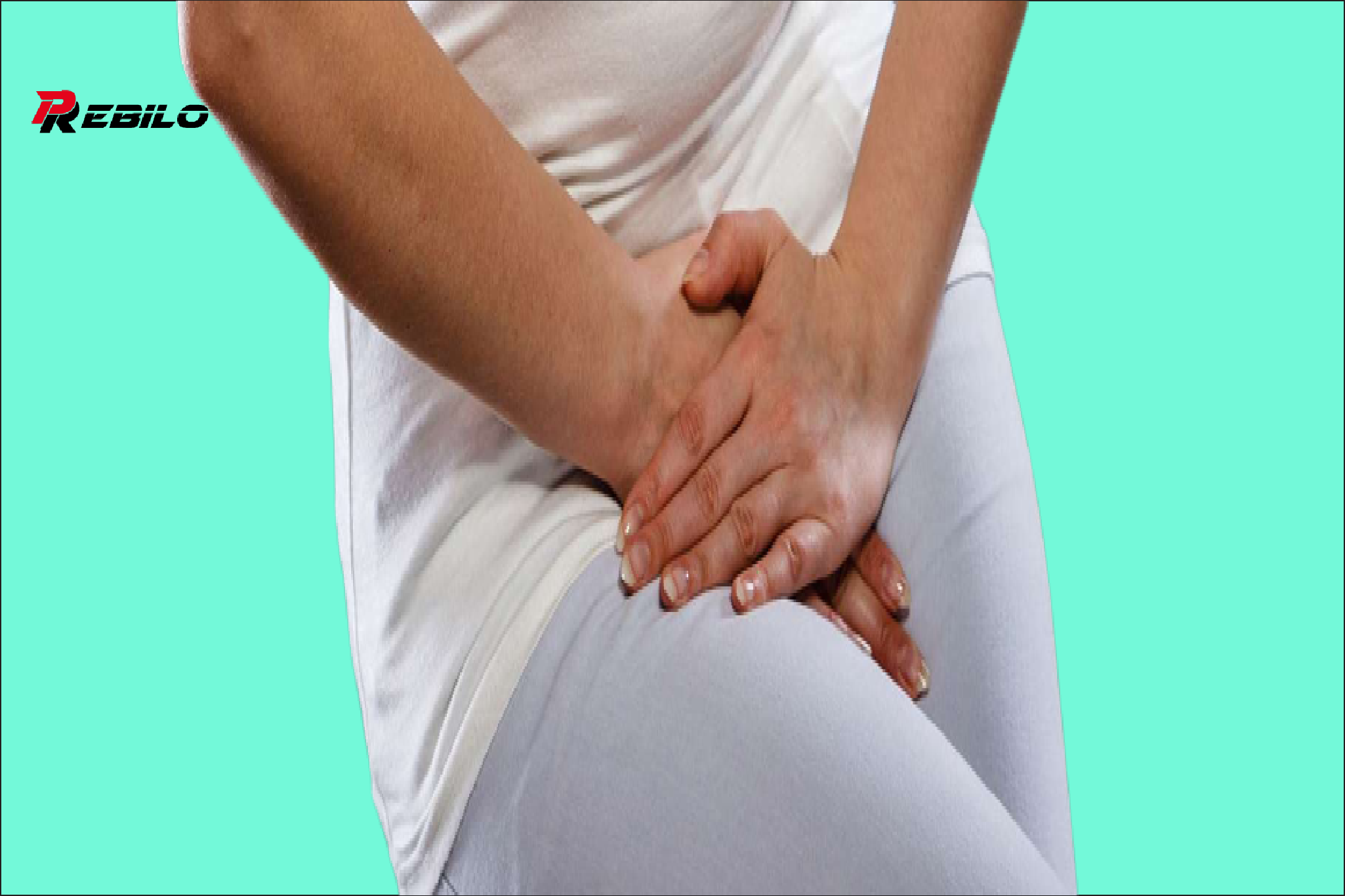Probiotics:
Previous research suggests that probiotic supplements may reintroduce beneficial bacteria, such as Lactobacillus acidophilus, into the body, which may help balance vaginal pH. However, scientific evidence is inconclusive. If you’re looking for quick relief, consider proven treatments instead.
yogurt:
Consuming yogurt with live cultures can support immune system health, but it is unclear whether it can effectively fight or treat yeast infections. It’s important to never put yogurt on your vagina, as many yogurts contain sugar, which can worsen yeast infection symptoms.
Tea tree oil:
Tea tree oil, an essential oil with antibacterial and antifungal properties, has historical use in treating various conditions. Some studies suggest that it can be a useful topical treatment for fungal infections when combined with over-the-counter medications such as fluconazole. Likewise, oregano oil has shown antimicrobial properties in cell studies. However, more research is needed to determine these oils as effective treatments, and they should not be taken.
garlic:
Garlic can be taken orally as a homeopathic remedy for yeast infections. However, it is important to exercise caution and consult with a healthcare professional for guidance.
Remember to consult your healthcare provider to obtain a proper diagnosis and guidance on the most appropriate treatment for your specific condition.

